Keywords: Vulnerable
There are more than 200 results, only the first 200 are displayed here.
-
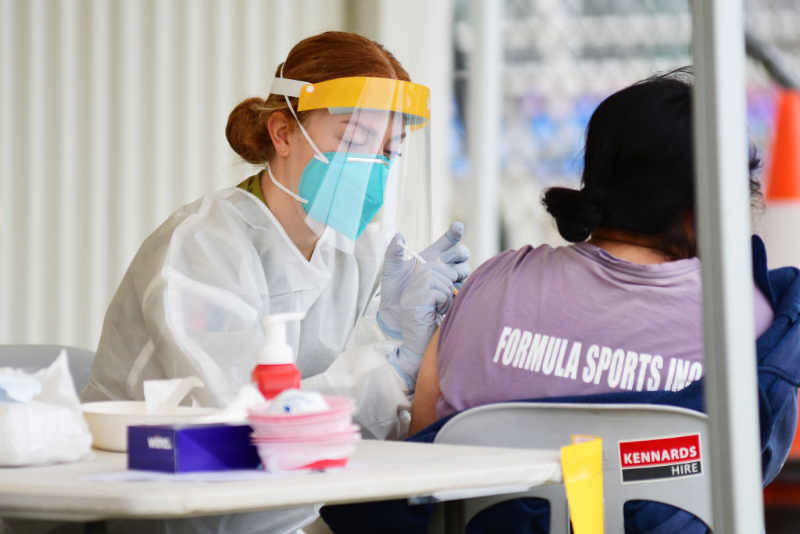
AUSTRALIA
- Brian McCoy
- 22 November 2021
10 Comments
We are now watching the entry of the Delta variant into the Northern Territory and with increasing concern about its possible spread across First Nations communities who vary greatly with their vaccination rates. This question was posed last Friday (19/11) on the ABC’s Coronacast: ‘Why is Indigenous vaccination so patchy?’
READ MORE 
-
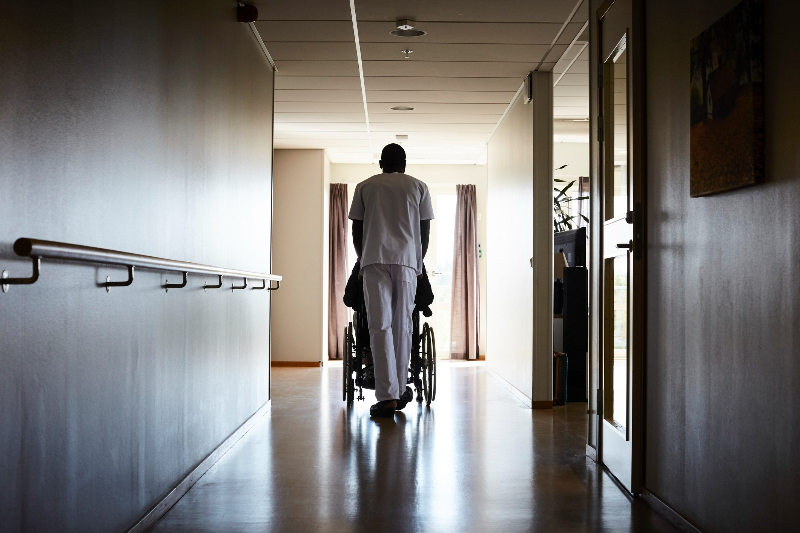
AUSTRALIA
- Andrew Hamilton
- 18 November 2021
7 Comments
The abrupt change in public attitudes to the threat of COVID calls to mind an earthy Cambodian proverb. It describes someone who has begged a boat ride across a river and then goes on his way without thanking or paying the boatman. Roughly translated the proverb says, ‘Flash your bum and say good-bye’.
READ MORE 
-

AUSTRALIA
- Stephen Lawrence
- 16 November 2021
3 Comments
A truth that virtually dares not speak its name is that the spread of Covid 19 into regional New South Wales was largely a product of the illicit drug trade. Understanding why and how this occurred points in the direction of much needed social policy.
READ MORE 
-
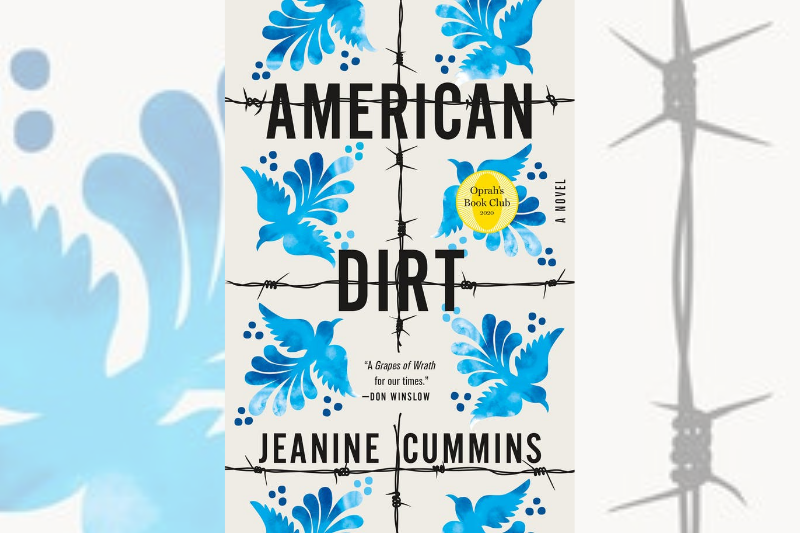
ARTS AND CULTURE
- Gillian Bouras
- 04 November 2021
14 Comments
Writers inevitably learn bitter lessons, including one about readers who will be wounded, hurt, or at least deeply offended by their work. There is usually more than one group of these, for people become upset for reasons that are many and varied. Such is the case in the reaction to Jeanine Cummins’ fourth book, American Dirt. Cummins has been variously accused of stereotyping, racism, narcissism, and of lacking in empathy.
READ MORE 
-
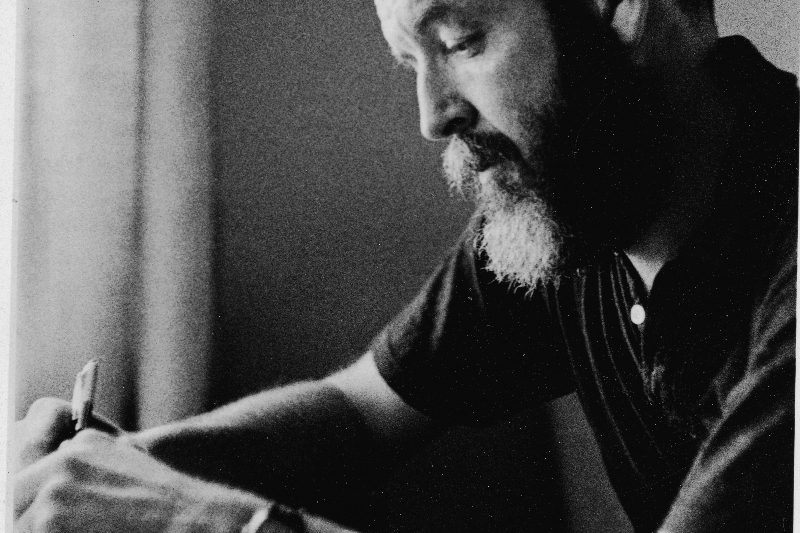
ARTS AND CULTURE
- Philip Harvey
- 04 November 2021
10 Comments
Although I teach poetry and do occasional workshops, the following is written in response to one such workshopper, new to writing poetry, who in lockdown would message me on social media with fairly open-ended questions about poetry. My answers are written after the wry manner of the Polish poet Wislawa Szymborska; wry, but generally helpful. They are not the launch pad for a new poetics. I have stopped for now at 12 questions, but the questions keep rolling in.
READ MORE 
-

AUSTRALIA
- Andrew Hamilton
- 04 November 2021
13 Comments
In large organisations love hardly rates a mention. Mission statements highlight care, duty, responsibility and friendliness, but not love. Love is generally seen as an interrupter, combustible, something to fence in with protocols and professional standards, and for HR to monitor. When Pope Benedict XVI devoted an Encyclical to the place of love in public relationships, people were surprised. His argument is worth revisiting.
READ MORE 
-
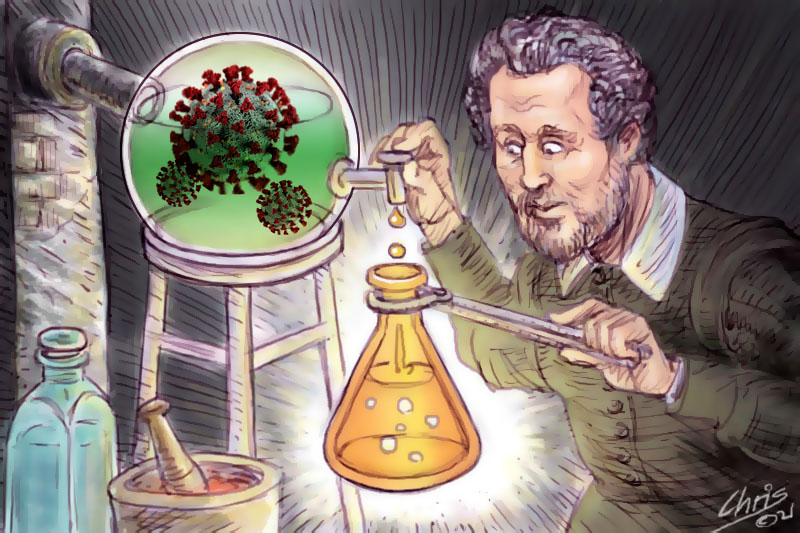
ARTS AND CULTURE
- David Rowland
- 01 November 2021
8 Comments
Ben Jonson is one of the great English Renaissance playwrights but he can also be challenging for the modern reader. When I first came to Jonson some years ago, I attempted a comedy from 1610, The Alchemist. I soon felt out of my depth. Conceding defeat, I put the book aside and told myself that there would be some ‘other time’. This year in Melbourne, with the theatres closed, the streets largely deserted, and travel restrictions firmly in place, that ‘other time’ arrived.
READ MORE 
-

ENVIRONMENT
- Cristy Clark
- 21 October 2021
7 Comments
On 8 October, at its 48th session, the United Nations Human Rights Council formally adopted a resolution recognising the human right to a clean, healthy and sustainable environment. It emphasises that ‘environmental degradation, climate change and unsustainable development constitute some of the most pressing and serious threats to the ability of present and future generations to enjoy human rights, including the right to life’.
READ MORE 
-
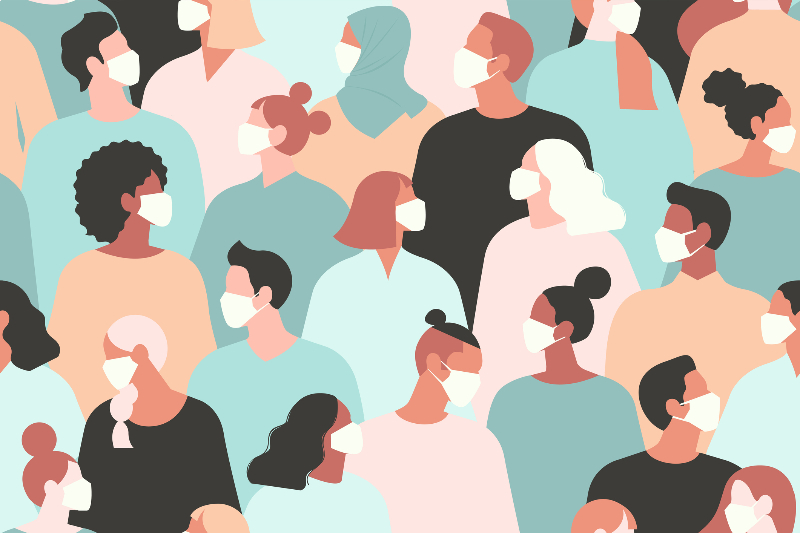
AUSTRALIA
- Tim Hutton
- 21 October 2021
10 Comments
The pandemic has been a clear demonstration that science is a method, not an endpoint. It is an ongoing process of hypothesising, testing, and interpreting the results of those tests through public policy. Though the hypothesis may be accepted or rejected, these interpretations are unlikely to be absolutely definitive statements or recommendations and are usually made with varying degrees of certainty.
READ MORE 
-
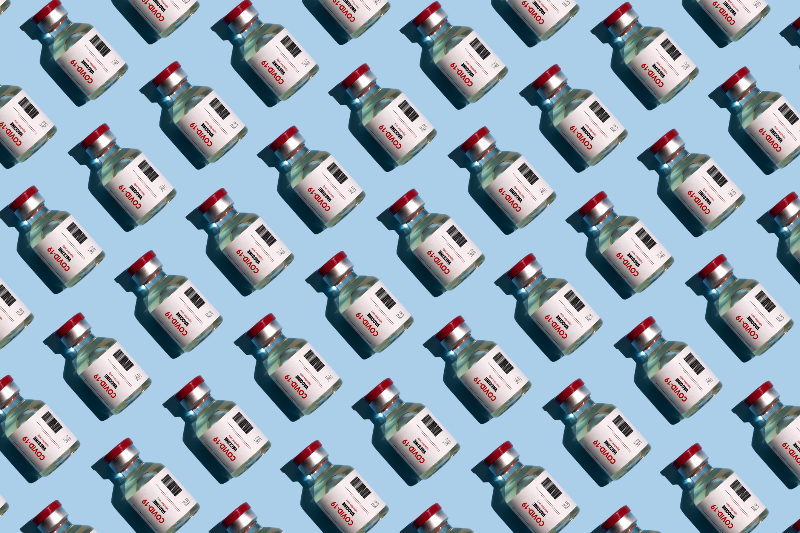
INTERNATIONAL
- Binoy Kampmark
- 14 October 2021
13 Comments
With the world clearly divided between those vaccinated against COVID-19 and those who are not, ethicists, public health specialists and politicians have become more preoccupied by the prospect of booster shots.
READ MORE 
-
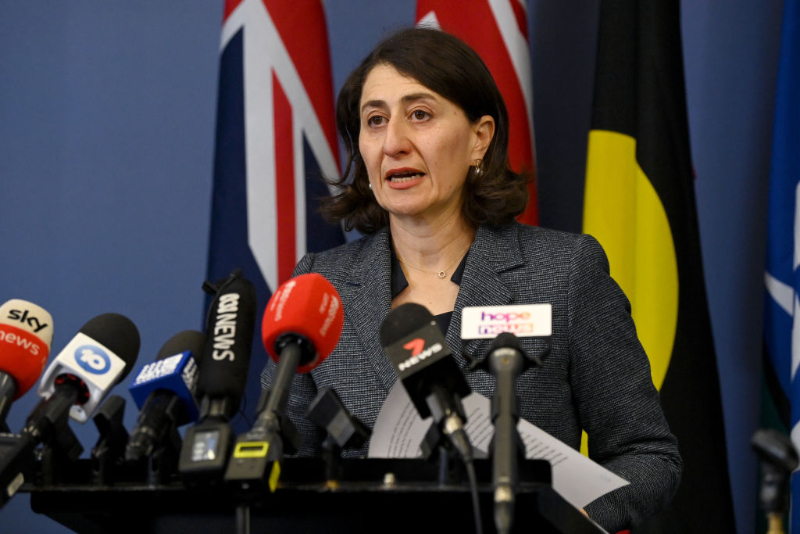
AUSTRALIA
- Andrew Hamilton
- 14 October 2021
16 Comments
During her last year in office Gladys Berejiklian divided people over her response to the Coronavirus. Even her critics, however, praised her decision to resign from office after the Independent Commission Against Corruption (ICAC) announced that it was investigating her conduct.
READ MORE 
-
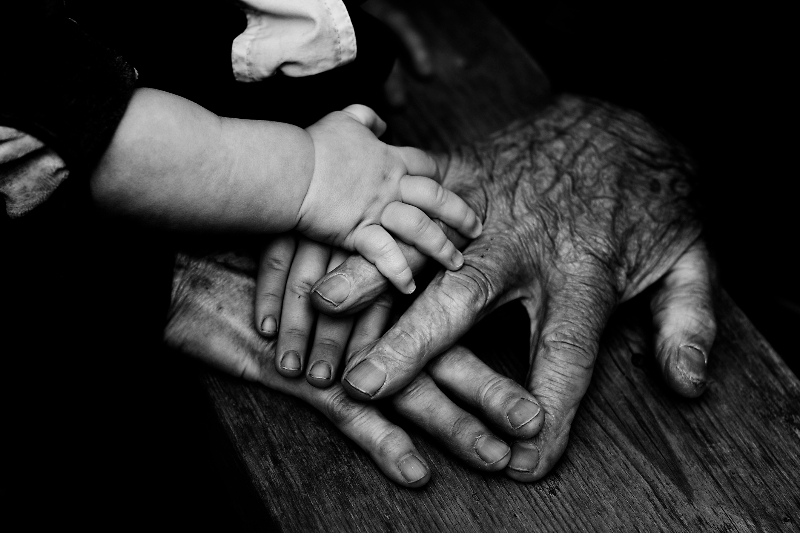
AUSTRALIA
- Andrew Hamilton
- 06 October 2021
40 Comments
Some weeks ago I wrote about the taking of human life and of the loss of its sacred connotations. I argued that the decisive consideration governing recent legislation in such issues as abortion and assisted dying has been the appeal to individual choice, supported by compassion for people who suffer from their denial. Whether we welcome this trend or regret it, as I do, we all have an interest in asking what effect it will have on society. In this article I would like to explore this question in a way that opens rather than closes conversation.
READ MORE 